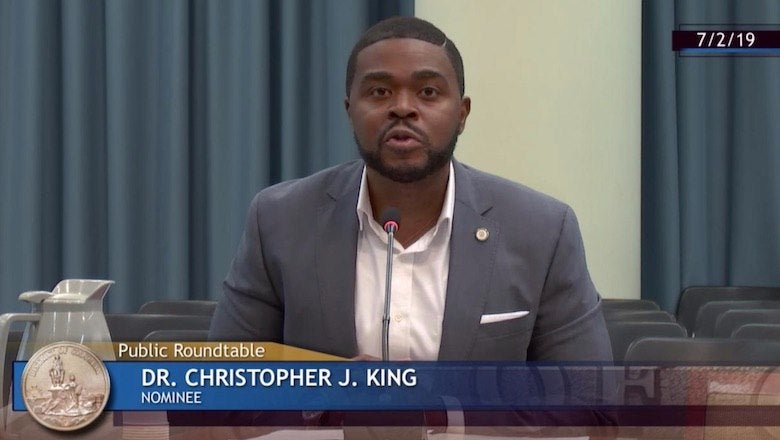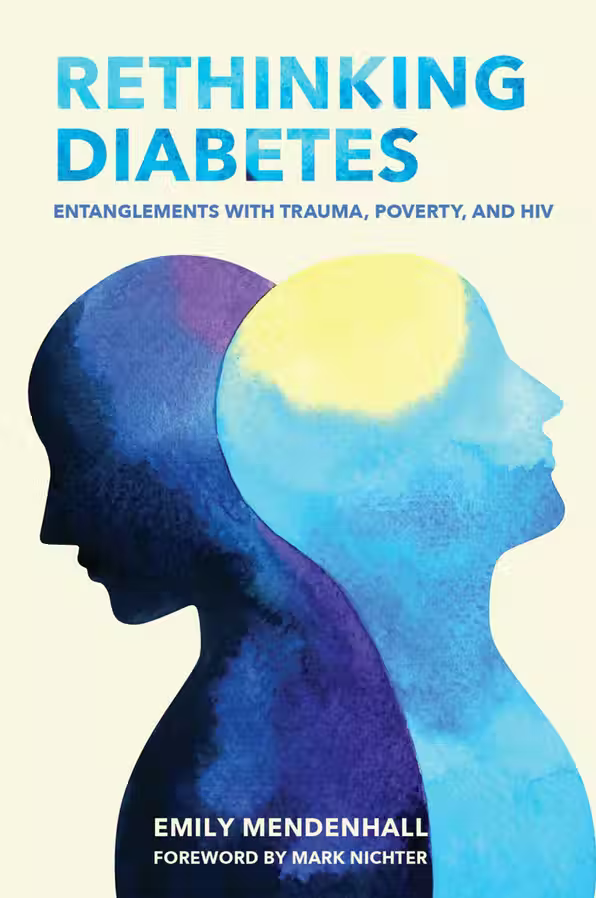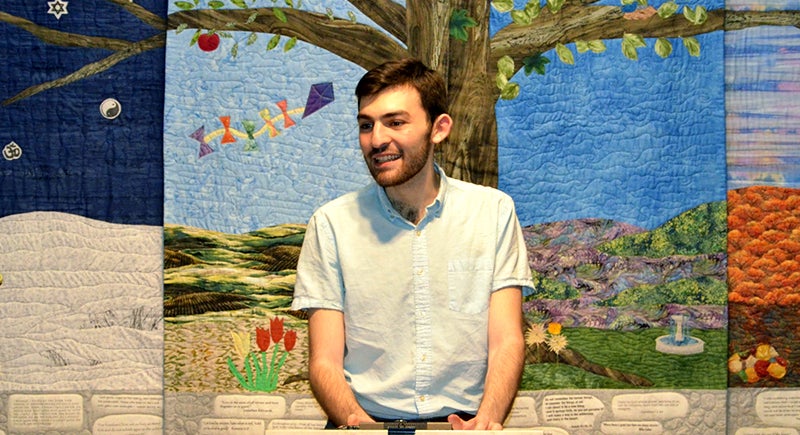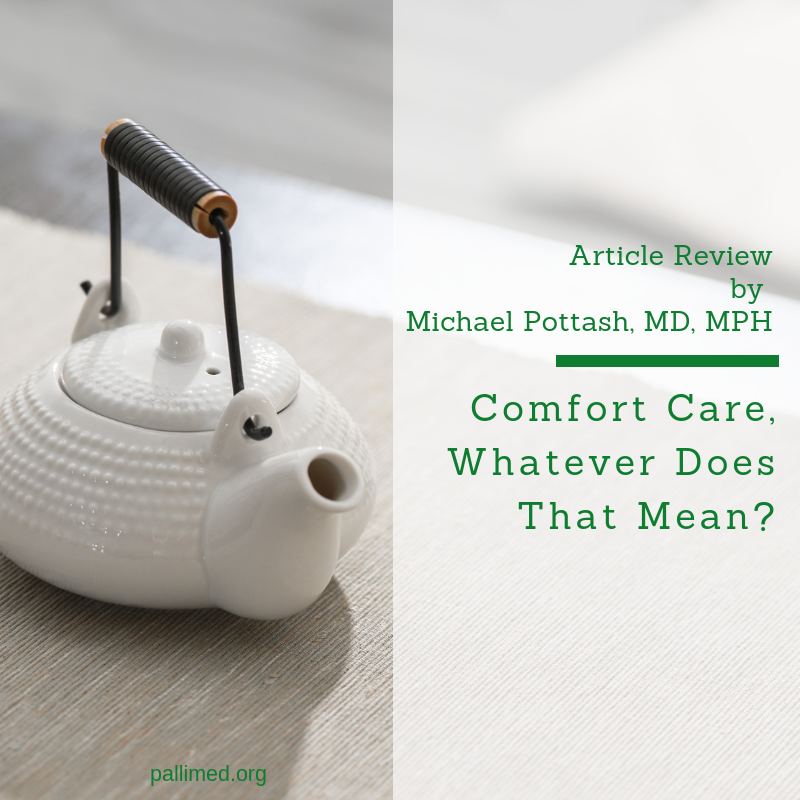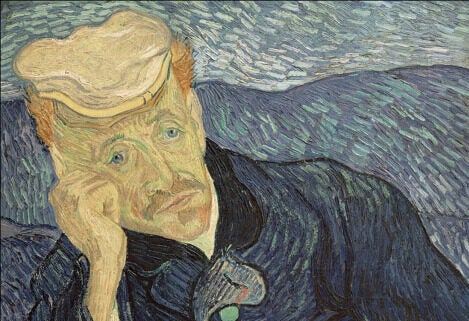Archive: Media and Scholarship
258 Articles
- Media
Dr. Christopher King Appointed to Serve on the DC Commission on Health Equity
On July 9, 2019, the DC Council voted to approve the appointment of Dr. Christopher King to serve on the DC Commission on Health.…
July 16, 2019
- Scholarship
Rethinking Diabetes
In Rethinking Diabetes, Emily Mendenhall investigates how global and local factors transform how diabetes is perceived, experienced, and embodied from place to.…
July 15, 2019
- Scholarship
“Rapid Range Shifts in African Anopheles Mosquitoes Over the Last Century”
The team of researchers that includes Emily Mendenhall and Timothy Newfield uses historical data to trace range shifts in Anopheles mosquitoes, which are the vector of malaria…
June 19, 2019
- Media
The Georgetown University Medical Center Writes About the Georgetown Lombardi’s Poetry Café
The Georgetown University Medical Center describes the fourth annual Poetry Café that took place at the MedStar Georgetown University Hospital on June 6, 2019. This event is…
June 14, 2019
- Scholarship
“Institutional Madness: Shakespeare as Hospital Survival Guide”
Dr. Daniel Marchalik and Arthur Frank look at how Shakespeare's Measure for Measure might offer comfort and companionship for patients facing the institutional madness of…
May 25, 2019
- Scholarship
“Women’s Views about Contraception Requirements for Biomedical Research Participation”
Maggie Little and her co-authors inquire on the views of women in the U.S. and in Malawi around the requirement of contraception among reproductive aged women in biomedical…
May 8, 2019
- Media
“Comfort Care, Whatever Does That Mean?”, Dr. Michael Pottash’s Article Review on Pallimed
Dr. Michael Pottash argues that any term to describe dying care will always be problematic, and, thus, we should get rid of it.…
May 4, 2019
- Scholarship
“‘Wasting Away’: Diabetes, Food Insecurity, and Medical Insecurity in the Somali Region of Ethiopia”
Emily Mendenhall and Lauren Carruth investigate rising concerns about diabetes among Somalis in eastern Ethiopia. They focus on communities where obesity is rare and people face…
March 20, 2019
- Scholarship
“Physician Burnout in the Modern Era”
Dr. Daniel Marchalik looks at physicians' professional stress through a historical lens. By examining different historical moments —from 19th century accounts of the �…
March 2, 2019
- Scholarship
“The Global Syndemic of Obesity, Undernutrition, and Climate Change”
Emily Mendenhall and Merrill Singer respond to the work the The Lancet Commission on the Global Syndemic of Obesity, Undernutrition, and Climate.…
February 23, 2019

